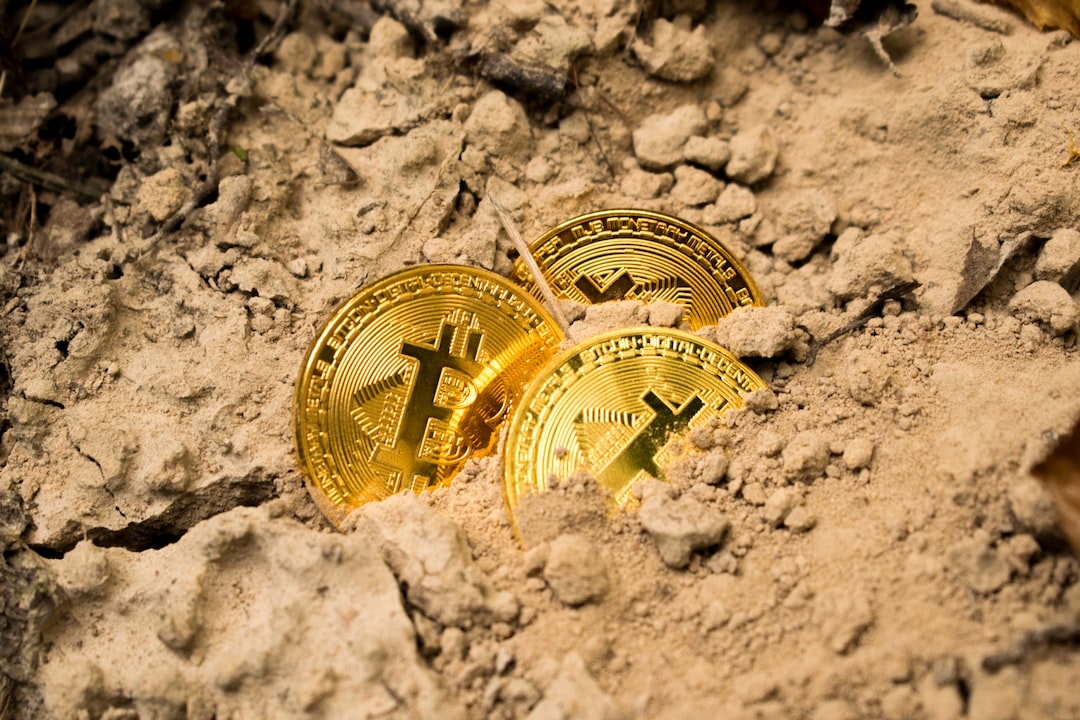How to Tax the Metaverse: Exploring Potential Approaches
The metaverse is a rapidly growing virtual world that currently boasts 400 million active users worldwide. With its projected value set to reach $1.5 trillion by 2030, it’s no surprise that the question of taxation has arisen. In a research paper by Young Ran (Christine) Kim from the Benjamin N. Cardozo School of Law, the argument for taxing the metaverse is explored.
The paper suggests that the metaverse should be treated as any other business sector and be subject to existing tax systems. This not only ensures that governments can tap into the potential revenues from this booming sector but also prevents the metaverse from becoming a tax haven.
To effectively tax the metaverse, various elements need to be considered. Earnings and profits earned in the metaverse can be classified similarly to real-world income and subject to capital gains tax rules. However, valuing digital assets and determining their market value poses challenges.
One potential solution proposed in the paper is paying taxes in-kind within the metaverse itself, using digital assets or services as a form of payment. Another area that requires attention is self-made or enhanced assets in the metaverse, which could introduce a new category of imputed income subject to taxation.
Virtual rewards obtained in the metaverse also raise questions about when and how they should be taxed. Due to digital tracking capabilities, immediate taxation of these rewards may be possible to ensure fairness.
Lastly, unrealized gains from virtual assets are another complex issue. Current tax laws only tax these gains when they are realized, but a more accurate approach might be to tax them based on their market value at the end of each year.
Overall, establishing a proper taxation system for the metaverse is crucial for transparency, preventing tax evasion, and integrating this burgeoning virtual world into existing frameworks. It will require collaboration between policymakers, tax experts, and industry representatives to develop a fair and feasible approach to taxation in the metaverse.
Hot Take: The Need for Taxation in the Metaverse
As the metaverse continues to grow and become an integral part of the global economy, the question of taxation becomes increasingly important. By implementing a comprehensive tax system for the metaverse, governments can ensure transparency, prevent tax evasion, and tap into the potential revenues from this booming sector. This not only benefits national treasuries but also promotes fairness and accountability within the metaverse’s financial markets.
While challenges exist in valuing digital assets and determining their market value, existing tax rules can serve as a starting point for navigating these complexities. However, innovative approaches such as paying taxes in-kind within the metaverse and taxing self-made or enhanced assets need to be explored further.
By addressing these issues and engaging in multi-stakeholder dialogues, policymakers can pave the way for a balanced and equitable tax structure that integrates seamlessly with existing frameworks. As the metaverse continues to evolve, it is essential to adapt tax policies accordingly to ensure its sustainable growth and contribution to the global economy.





 By
By
 By
By
 By
By
 By
By

 By
By